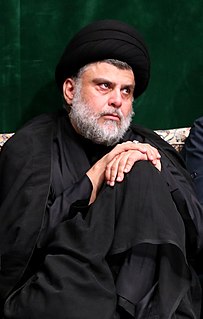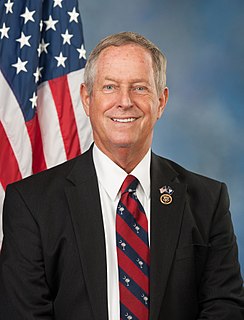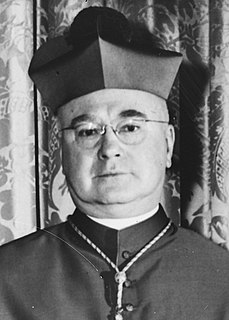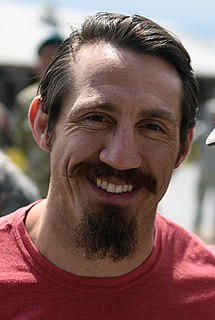A Quote by Chuck D
If they can send you to war at 18, maybe it's beneficial for some people to think that most of us gotta go to war for our own existence.
Related Quotes
We sit at our consoles and play "Gears of War", but we don't see images from war. We don't turn on the news and see the evidence of war, the result of war. Maybe twice a year, Memorial Day, Veterans Day, we'll go out, we'll hang our flags, we'll try to inculcate in our children some sense of national honor for the fallen. But really, we don't see it. We just don't see the pictures. There's no drive-by on the freeway of death up close. So we don't really see bravery.
[T]ake the war on drugs. The average American says, "The war on drugs has been beneficial." The rest of us see reality. This war has destroyed thousands of Americans. It is also a pretext for government agents to rob innocent people in airports and on the highways - they seize and confiscate large amounts of cash and say to their victims: "Sue us if you don't like it." And more and more judges, politicians, intelligence agents, and law-enforcement officers are on the take - as dependent on the drug-war largess as the drug lords themselves.
In the middle of the last century there was a reason to go to war. This time around the war was a really bad idea and I think the only people that benefited from it were Halliburton and people that made money from it, but that's not an excuse to have a war. Killing American kids so Halliburton can make money is not a righteous reason to go to war.
It seems to me an utterly futile task to prescribe rules and limitations for the conduct of war. War is not a game; hence one cannot wage war by rules as one would in playing games. Our fight must be against war itself. The masses of people can most effectively fight the institution of war by establishing an organization for the absolute refusal of military service.
If we are at war with our parents, our family, our society, or our church, there is probably a war going on inside us also, so the most basic work for peace is to return to ourselves and create harmony among the elements within us - our feelings, our perceptions, and our mental states. That is why the practice of meditation, looking deeply, is so important.




































